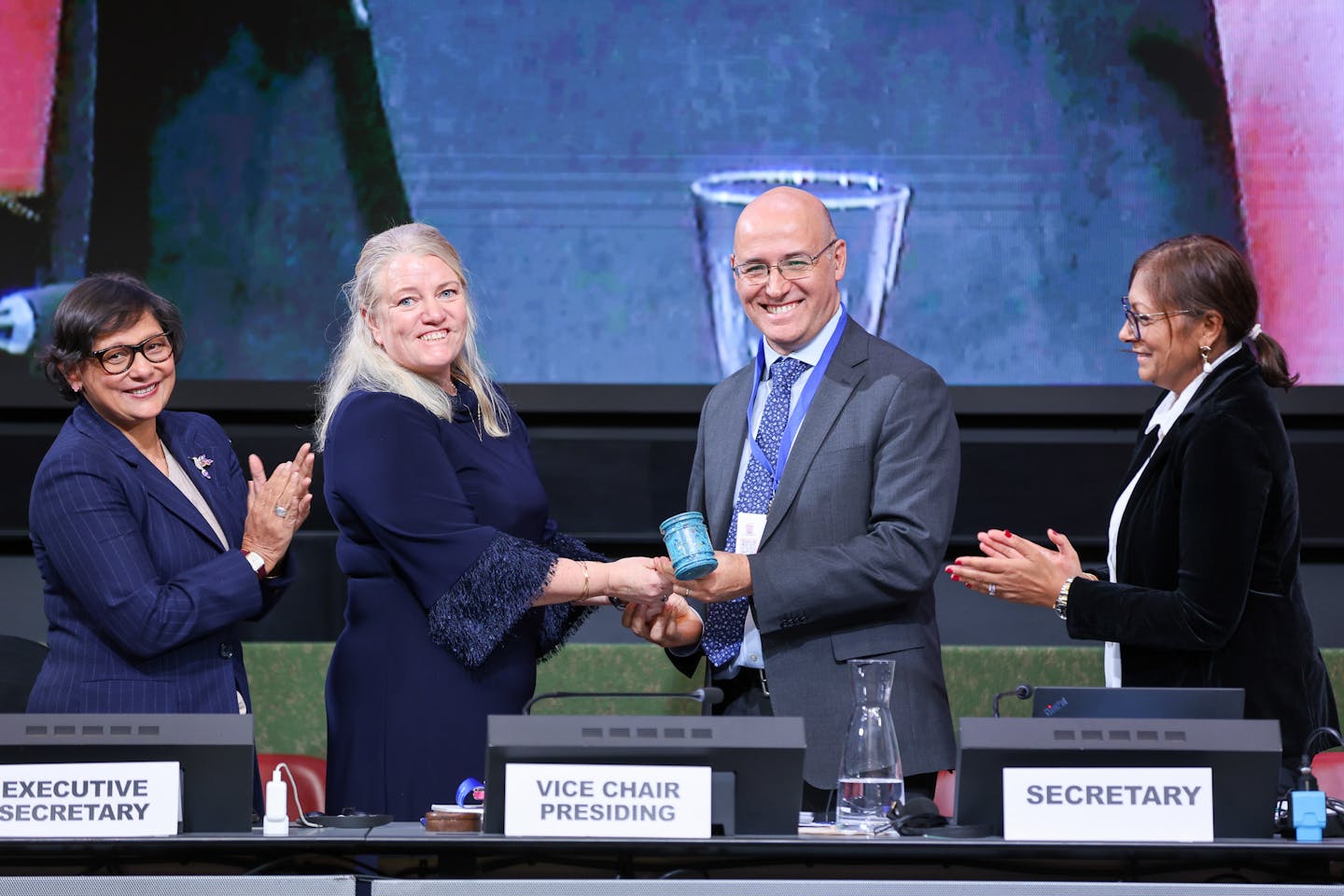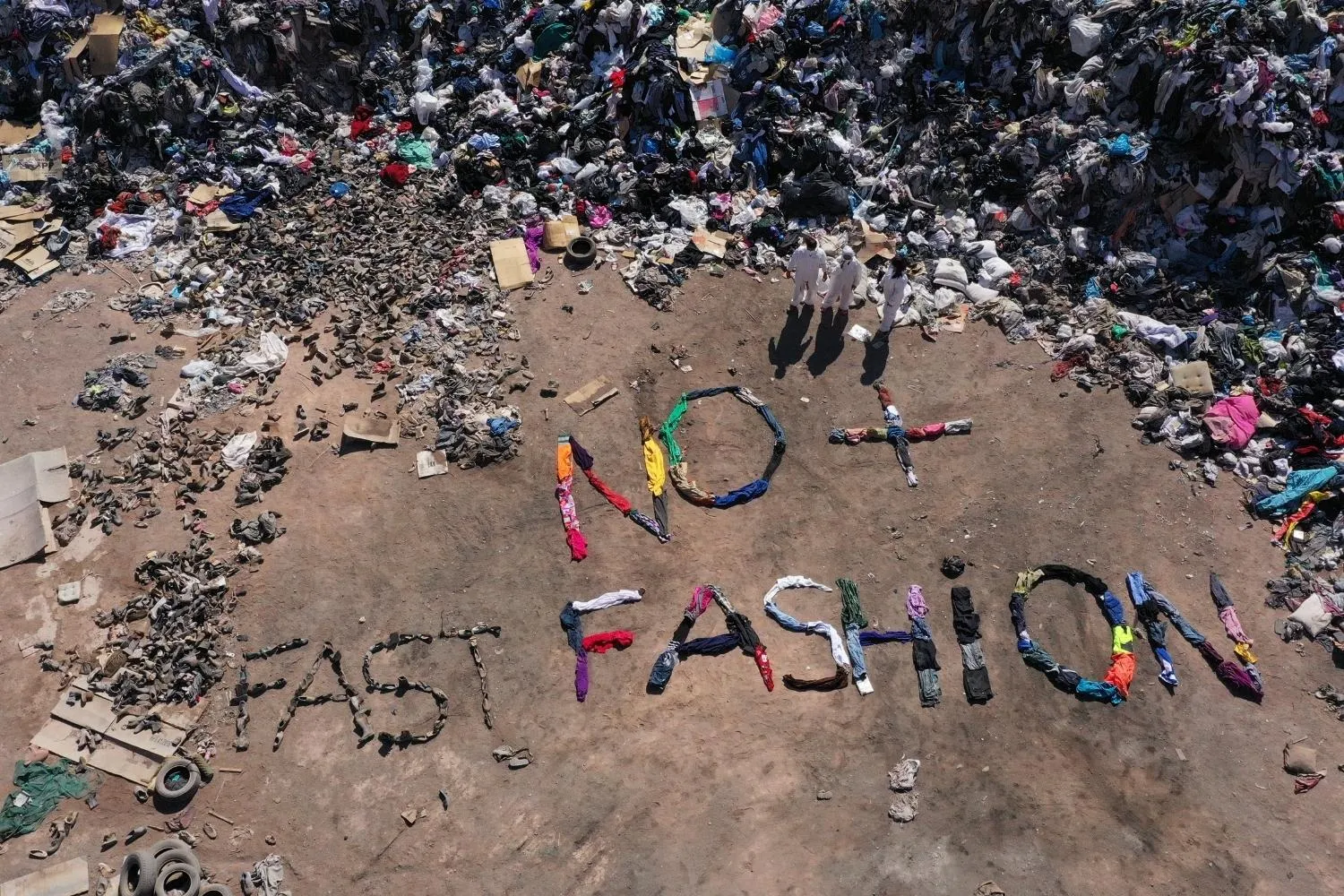- $23 trillion threat: Land degradation could cost the global economy $23 trillion by 2050, according to the UNCCD.
- Sustainable investments: Reversing the trend would cost $4.6 trillion, a fraction of the predicted losses.
- Private sector’s role: Businesses must integrate sustainability into operations to ensure long-term profitability and resilience.
The $23 Trillion Problem
Land degradation and droughts are intensifying, with droughts increasing by nearly 30% in frequency and intensity since 2000. According to the UN Convention to Combat Desertification (UNCCD), up to 40% of the world’s land is degraded, threatening agriculture, water security, biodiversity, and livelihoods.
UNCCD warns that continuing this trajectory could lead to a $23 trillion economic loss by 2050. However, halting land degradation would cost just $4.6 trillion, presenting a clear economic case for urgent action.
Business Leadership in Land Sustainability
At the COP16 conference in Riyadh, business leaders highlighted the private sector’s pivotal role in sustainable land management. UNCCD Executive Secretary Ibrahim Thiaw emphasized, “Shifting towards nature-positive operations, supply chains, and investments, is not only about environmental sustainability but about the long-term profitability and resilience of businesses.”
Three key focus areas for businesses were outlined:
- Operations and value-chain transformation: Companies must address their impact on land, soil, and water.
- Financing restoration: Mobilize resources for land restoration and avoid investments that harm ecosystems.
- Advocacy and collaboration: Build partnerships across sectors to drive collective action and policy change.
Change the World - Subscribe Now
Early Wins at COP16
The conference has already secured $12 billion in funding commitments for land restoration. The Arab Coordination Group pledged $10 billion, while the OPEC Fund and Islamic Development Bank each committed $1 billion to support the Riyadh Global Drought Resilience Partnership. Saudi Arabia contributed $150 million to operationalize this initiative.
Philippe Zaouati, CEO of MIROVA sustainable investment fund, stressed the economic benefits: “Companies stand to gain significantly by transforming their value chains to incorporate sustainable practices, not only to reduce their impact on nature but also to seize economic opportunities.”
Collaboration Is Key
Danone’s Chief Sustainability Officer, Henri Bruxelles, emphasized the necessity of cross-sector collaboration, stating, “Collaborating across sectors of society is vital to address the intertwined climate and water challenges, to guarantee food security and nutrition, and to secure the livelihoods of the communities that feed the world.”
The Bottom Line
Addressing land degradation isn’t just an environmental imperative; it’s a business opportunity. By integrating sustainability into operations and investing in restoration, the private sector can help avert economic disaster while securing long-term resilience and profitability.
Related Article: Saudi Arabia, Colombia, and Azerbaijan Push for Unified Global Response to Climate Change, Biodiversity Loss and Land Degradation

 Follow SDG News on LinkedIn
Follow SDG News on LinkedIn











